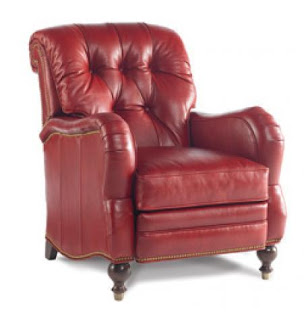I wandered lonely as a cloud
That floats on high o’er vales and hills,
When all at once I saw a crowd,
A host, of golden daffodils;
Beside the lake, beneath the trees,
Fluttering and dancing in the breeze...
William Wordsworth, The Daffodils
Where is a cottage garden to be found? For certain, Dove Cottage, home to William Wordsworth, one of the Lake Poets of the 19th century.
 |
| English Cottage Garden, photo Guido Gerding, wikipedia |
Some say that the cottage garden originated in the time of the plagues which entered England in 1337 and took the lives of one third to one half of the population, and continued at intervals until 1665. One can visit the plague pits outside Winchester, England at St. Catherine's Hill to see where victims, too numerous for the consecrated ground of the church, were buried. Villagers, taking advantage of the depopulation of the countryside, left crowded cities and villages for greater peace in the country. Others say that landed estates built cottages for the tenants who tended the farms on the estates. Finally, there are those who say that it was the rich landowner himself seeking escape from the maddening crowds and the confines of city life.
 |
| Cottage Garden |
 |
| English Garden |
The cottage garden is designed to appear artless, but nothing can be further from the truth. Instead of mass plantings and carpets of color, the cottage garden is an artfully contrived irregularity that simulates the wonder of nature. Let neighboring plants and flowers live in harmonious simplicity. Lawns are replaced by tufts of grass, paths of stone that meander, and plantings of flowers that go right up to the edge of the path. Orderliness is found not in the mass, but in the microcosm with all its variety and contradiction.
OH there is blessing in this gentle breeze,
A visitant that while it fans my cheek
Doth seem half-conscious of the joy it brings
From the green fields, and from yon azure sky.
Whate'er its mission, the soft breeze can come
To none more grateful than to me; escaped
From the vast city, where I long had pined
A discontented sojourner: now free,
Free as a bird to settle where I will.
Wordsworth, The Prelude, introduction
Those that live in antiquarian libraries and study the art of the cottage garden suppose that the cottage garden had its roots in the Elizabethan Age. Then, they suppose, poetry and prose lead to experimentation in planting. Pshaw! I cannot believe that.
There have always been nature lovers and certainly the cottager of earlier days must have found beauty in the occasional wild flower growing in between the vegetables. The old lady who lived on the outskirts of town knew the medicinal value of wild flowers and dispensed her magic to those who came seeking help. And even the villager who found safety behind the town walls sought to build his own castle and accompanying gardens where he and she could take delight. Thus, a pot might contain a world of color and smell. A neighboring pot an herb for stew. Another, a cure for a tooth that aches. Necessity demanded vegetables for nourishment, but mankind also needs the beauty of a rose to inspire the soul.
English designer William Morris was a proponent of the cottage garden and incorporated elements of flowers and trees in many of his patterns. Gustav Stickley was also a proponent of the honest and simple life of the craftsman home and believed in extolling the benefits of nature. The Stickley rug collection contains many beautiful hand woven Nepalese wool rugs, including Cottage Garden and English Garden.









